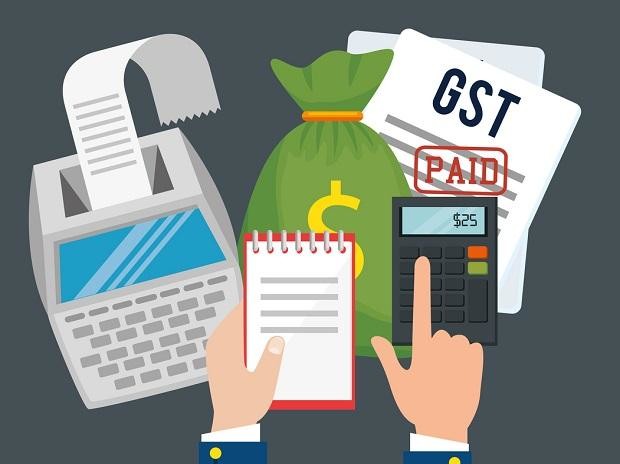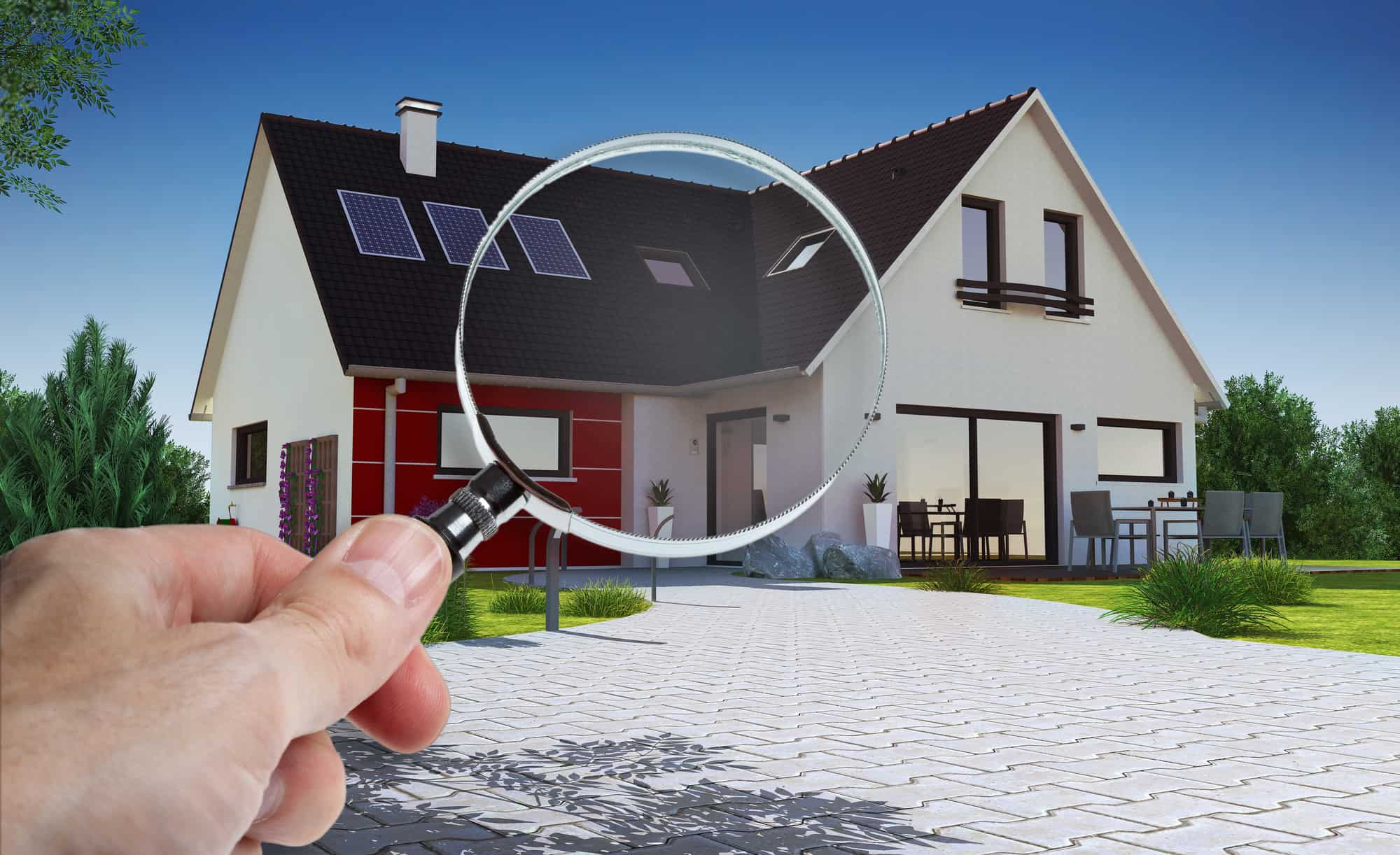Comprehensive Guide to GST in Real Estate Transactions
1. Resort Properties and Vacation Homes:
- GST Applicability: Resort properties, vacation homes, fractional ownership interests, timeshare facilities, and memberships are generally not subject to GST on their purchase. However, if these properties are used as short-term rentals (i.e., rented out for less than 30 days at a time), GST may apply to the rental income.
- Short-Term Rentals: For properties operated as Airbnb or bed and breakfast accommodations, if the property is used more than 50% for personal purposes and operates as a bed and breakfast, GST may not apply to the rental income. The exemption hinges on the predominant use of the property and its operation as a business.
2. Farmland:
- Personal Use: GST generally applies to the sale of farmland if it is purchased for personal use. This non-recoverable GST cost can significantly impact the overall expense of acquiring the land.
- Business Use and Subdivisions: GST is applicable if the farmland is acquired for business purposes or if it is subdivided into multiple lots. In these cases, GST is recoverable and can be claimed by the purchaser if they are registered for GST/HST.
3. New or Substantially Renovated Properties:
- Mobile and Floating Homes: GST is applicable to newly constructed or substantially renovated mobile homes and floating homes. This includes homes sold by developers that have never been previously occupied.
- Substantial Renovations: Properties that have undergone significant renovations (typically 90% or more) are subject to GST. The application of GST can vary depending on the specifics of the renovation, such as the size of the property and the extent of the changes.
- Builder Sales: GST is charged on homes sold by builders, which are considered new or substantially renovated. The tax is added to the purchase price of the property.
- Used Owner-Occupied Homes: Sales of used homes that have been occupied by the owner are generally exempt from GST. However, if the home is sold by a builder or developer, GST may apply.
4. Profit from Quick Sales:
- Speculative Sales: If a property is sold within 12 months of its purchase, the profit may be considered business income and thus subject to GST/HST. This rule aims to address speculative transactions where properties are quickly resold for profit.
- Exemptions: Certain personal circumstances, such as the death of the homeowner, disability, the birth of a child, or divorce, may exempt the sale from GST/HST. These exemptions are designed to address significant life events that necessitate a property sale.
5. Transaction Considerations:
- GST Rules: Transactions must be evaluated based on current GST rules, which apply to residential, personal use, or commercial real estate developments. Each transaction’s specific details will determine the applicability of GST.
- Rebates: Purchasers may be eligible for various GST rebates, such as the new housing rebate or GST/HST rebate for residential properties. Eligibility depends on factors like the property’s use and the purchaser’s status.
6. Practical Steps:
- Review Transactions: Examine each real estate transaction closely to determine GST implications. Consider whether the property is new, renovated, or used, and if it falls into any of the special categories (e.g., short-term rental).
- Consult Professionals: Engage with tax professionals or accountants to ensure compliance with GST regulations. They can provide guidance on the tax implications and help with claiming any applicable rebates.
7. Resources and Updates:
- Government Websites: Check official government resources for the most up-to-date information on GST rules and regulations related to real estate transactions.
- Professional Advice: Regularly consult with legal and tax professionals to navigate the complexities of GST, especially for transactions involving new constructions, renovations, or speculative sales.














